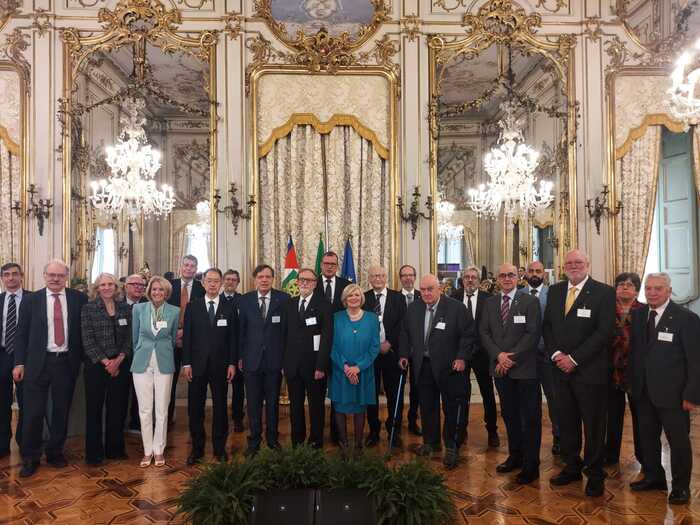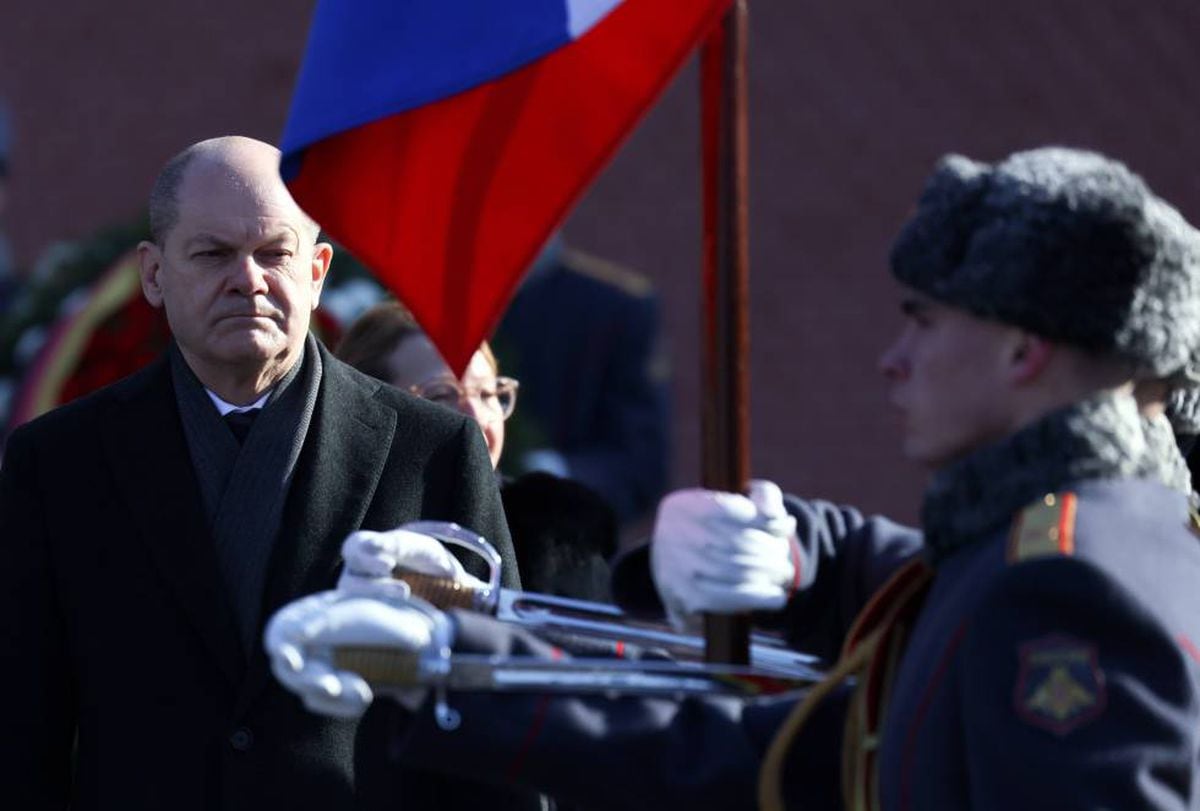Icon: enlarge
Refugees on Lesbos
Photo: YARA NARDI / REUTERS
Last week, the SPD party leadership presented itself as the humanitarian conscience of the grand coalition.
When it was announced that Germany would bring 1,553 migrants from the Greek islands, Saskia Esken and Norbert Walter-Borjans praised themselves: "The SPD campaigned for Germany to make an independent contribution to humanitarian aid in Moria," they wrote in a contribution to the party's website.
"The resistance was substantial, but we reached an agreement."
They did not mention that there was great resistance in their own party for years.
For a long time, the SPD kept silent about migration policy.
The former party leader Andrea Nahles, for example, could not do much with the topic.
The work order for the comrades was: "Do good, but don't talk about it."
Diving into the subject was a conscious strategic decision.
One MP called it "a self-chosen deficit".
Torn between humanity and hardship
The party was torn between humanitarian politics and hardship, knowing full well that the issue is more complex than what the Greens, for example, portrayed.
The humane act of today will cause the chaos of tomorrow, said a parliamentarian in the spring.
Another summed up the dilemma as follows: "In Greece the refugees accumulate. If you empty the camps, they are full again after two weeks."
One who fought in the party to ensure that the issue was even noticed is Lower Saxony's Interior Minister Boris Pistorius.
Last year he called for children to be brought to Germany from the refugee camps.
But he felt the omnipresent fear of the AfD, the worry that there would be problems with acceptance because a few hundred children under 14 were rescued from misery.
And so the support was poor.
Shortly before Christmas, Greens boss Robert Habeck called for the children to be brought out of the camps.
But he gave a very high number, four thousand children.
That only made it harder for the coalition to come to an initial agreement.
Horst Seehofer was also open to humanitarian aid.
But the aim of the Federal Minister of the Interior was to find a solution together with other European countries and not create any new incentives to flee.
Sometimes it seemed that CSU man Seehofer was closer to the SPD in the Bundestag than his own parliamentary group on the issue of migration.
In the SPIEGEL interview, Seehofer said: "Yes, I cannot call the SPD domestic politicians my main critics. It was sometimes difficult with the Union."
But the Social Democrats also had to continue persuading them, for example at their own party leadership.
Saskia Esken, who, as a member of the Bundestag, had criticized the grand coalition's migration policy as being too restrictive, expressed herself very cautiously as party leader.
In many of the speeches she made after her election, the topic did not even appear.
It is not easy for the SPD on the migration issue.
There is no party that has to draw such a wide range as they do: from voters with restrictive views on foreigners and deportations to those who demand a right to stay for everyone, such as the Jusos.
Pistorius, who thought the party urgently needed a position, put pressure on the board.
At the beginning of March he was unable to get the presidium to deal with the children in the Greek camps at its meeting.
The subject came up only marginally, on the way out.
It was not until the meeting of the party executive committee that several comrades came forward and said that the situation was now new, as many other countries were just as willing to accept children from Greece.
"We have worked out a clarity"
And so the breakthrough came in a nightly meeting on March 8th.
The grand coalition decided, together with other European countries, to take in around 1,000 to 1,500 children from the Greek islands.
Suddenly it couldn't go fast enough for the party leader: "The matter with the children took a shameful long time before we came to an agreement," said Esken.
She shifted the responsibility for this to the coalition partner.
But the SPD parliamentary group supported Seehofer's position that a German solo effort could not solve the problem.
Later the Social Democrats decided on a paper with the title: "Human and Solidarity
:
A Social Democratic Path for the Common European Asylum System".
After a long struggle, the SPD had found a position.
"We have worked out a clarity," says Lars Castellucci, migration policy spokesman for the SPD parliamentary group.
For a long time, the SPD had been accused of having nothing to do with refugee policy.
"After the big dispute in the Union in 2018, we first had to calm down in the coalition."
At the last SPD party congress, the topic was not brought up for lack of time.
But internally, the Social Democrats have worked very hard on a clarification.
The breakthrough came in the spring when the proposal for a reform of the European asylum system was unanimously adopted in the group, says Castellucci.
Trust had also grown in the middle of the party.
"Today I see the party more united on this issue than I have been in a long time."
Immigration is about clear rules so that it can take place for the benefit of all.
And dealing with refugees is about humanity and solidarity, as every person in need should experience.
The question is how long the new unity of the SPD will last.
If the dispute flares up again in the coalition and the populists try to lure voters with scaremongering, the Social Democrats could also wrestle for their course again.
Seehofer meanwhile indirectly criticizes the SPD: "The chances of an agreement have fallen again due to the debates of the last few days in Germany," he told the "Bild am Sonntag".
"Many of our neighbors tell me: Why should we take part when the Germans keep appearing as moral champions and putting us under pressure."
It is difficult to contradict them.
Icon: The mirror













